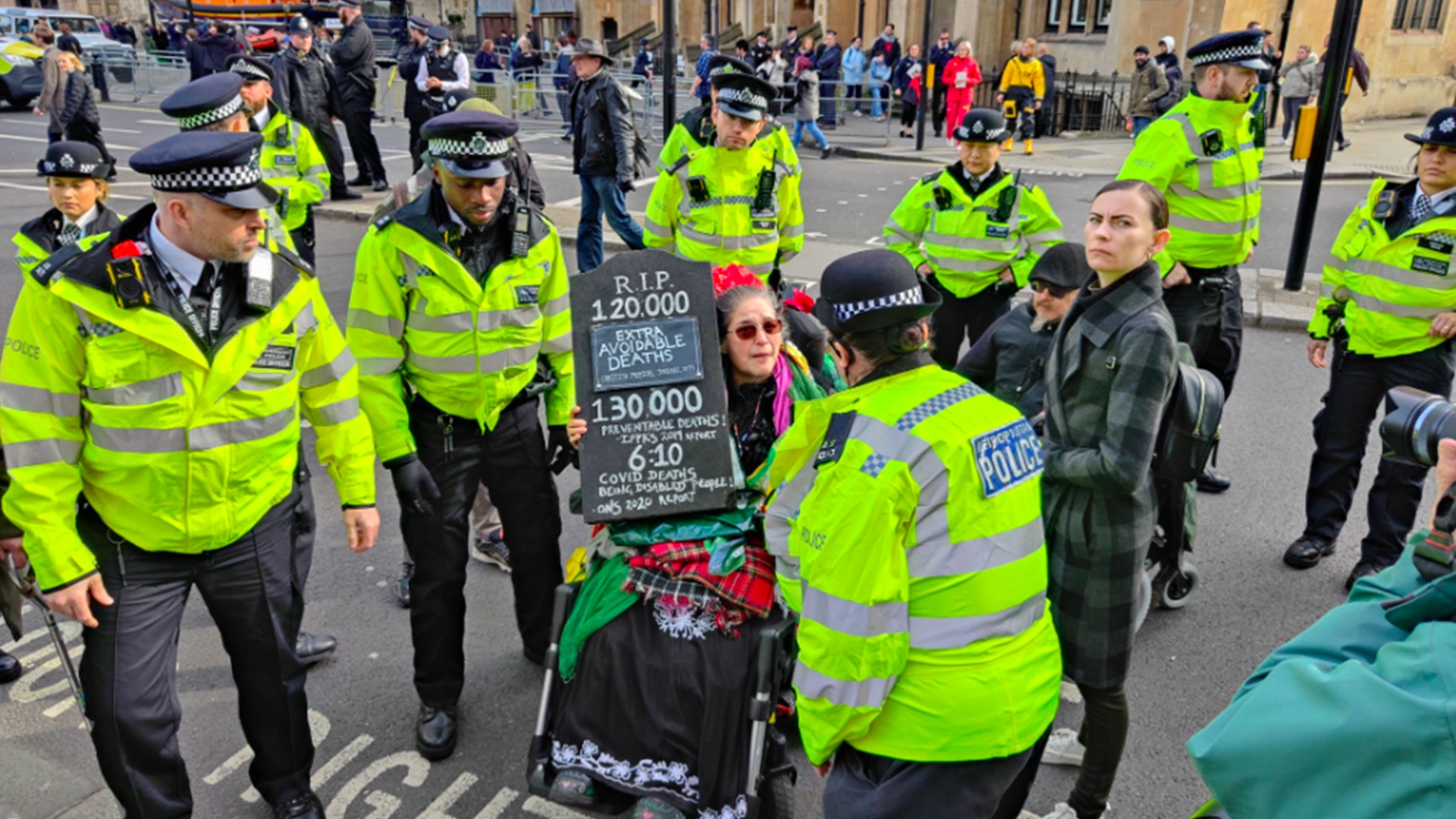Since the election of the Labour government in July there has been something of a change in tone when it comes to social security and disability. Speaking to the Observer last month, Liz Kendall vowed to end the blame culture targeted at people out of work and stop the ‘salami slicing’ of the benefits bill that we saw under previous Conservative governments. You might think, given this rhetoric, that the new government will mark a clear break from previous governments’ approaches to health and disability benefits.
But look closer, and there are more concerning signs. Speaking to parliament at the end of July, the chancellor warned that the autumn budget will involve ‘taking difficult decisions’ on social security, and said she ‘will look closely at our welfare system, because if someone can work, they should work’.
- My child was awarded disability benefits after five years of fighting. Why don’t I feel victorious?
- DWP says there’s ‘more learning to do’ as every MP given book on deaths of disabled benefit claimants
Many of our clients who can’t work as a result of serious illness or disability face a system that is already threadbare, where financial support is regularly cut or removed altogether as a result of bad decision-making. For our clients, the prospect of further cuts to financial supportis terrifying.
Much has been made of the previous government’s ill-conceived proposals to make radical changes to personal independence payment (PIP). Among a raft of troubling proposals was a suggestion that PIP cash payments could be replaced with vouchers. Labour has yet to set out its intentions with regards to PIP, but notably have said that they are ‘reviewing the responses people have made to the previous government’s consultation’.
The new government has also been worryingly silent about its plans for the work capability assessment (WCA). Its manifesto said that the WCA ‘needs to be reformed or replaced’, but Labour has so far failed to provide much detail about what this would mean in practice.
Of particular concern is its failure to rule out bringing forward dangerous proposals for the WCA introduced by the previous government. The planned changes to the work capability assessment criteria, which were on the cusp of being implemented before the election was called, would mean over 400,000 seriously ill and disabled people missing out on more than £400 per month of additional financial support, and having to survive indefinitely on the grossly inadequate basic rate of universal credit.










